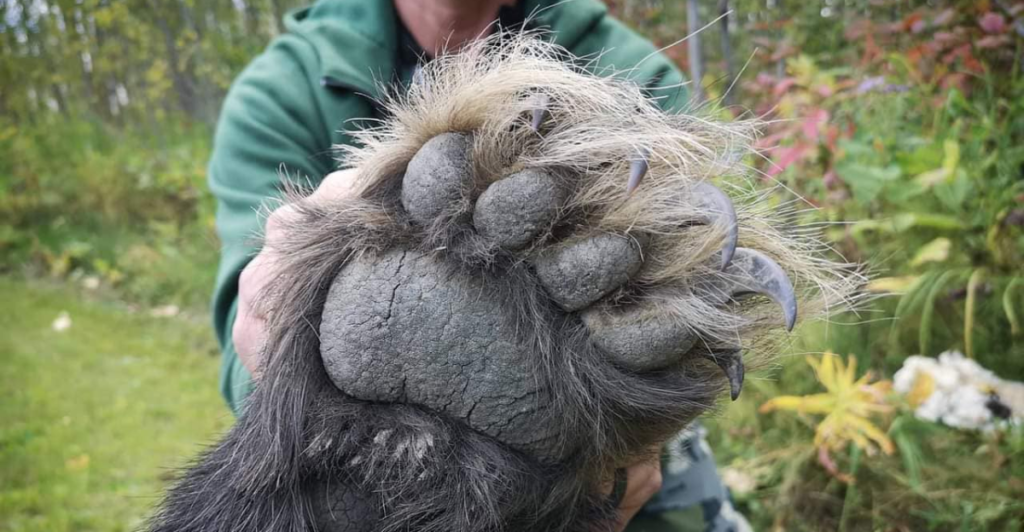
A contentious legislative proposal has reignited debates about wildlife management in California. Assembly Bill 1038 (AB 1038) seeks to revive the use of hound dogs to hunt black bears—a method banned over a decade ago. Introduced by Assemblymember Heather Hadwick (R-Tahoe), the bill claims to address rising human-bear conflicts and population growth, but opponents argue it prioritizes recreational hunting over humane solutions. Will this new bill be for the better or the worse?
The Bill’s Provisions

AB 1038 would amend California’s Fish and Game Code to permit hound dogs to pursue bears during designated seasons, provided the bears are not killed or injured during the chase. However, critics note the bill’s language allows hunters to shoot bears after they are treed, a practice activists describe as inhumane.
“We’d like to target the boldest bears,” said Department of Energy and Environmental Protection Deputy Commissioner Mason Trumble. “The ones that are most comfortable around people are the ones that will most likely be killed in a hunt.”
Population Control and Public Safety
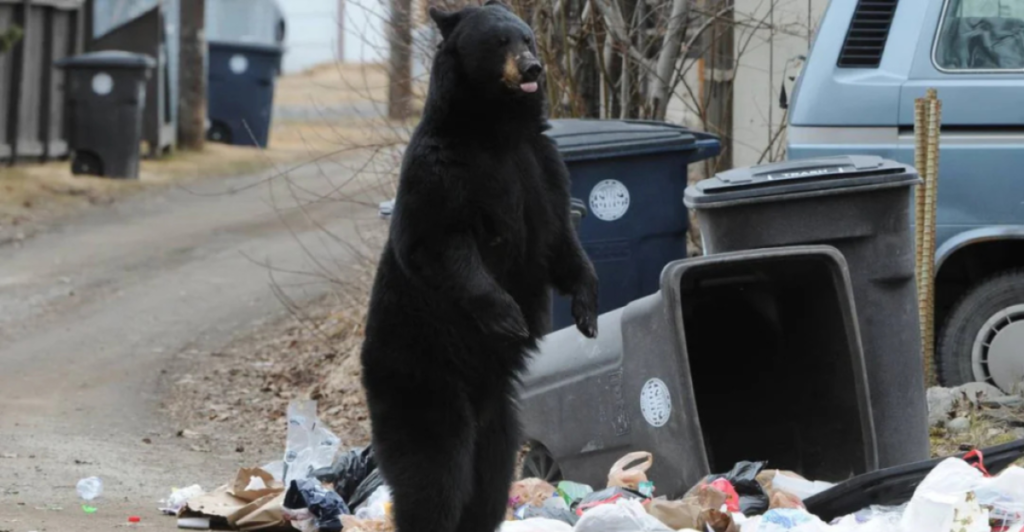
Supporters of AB 1038 argue California’s black bear population has doubled in the past decade, forcing bears into urban areas and increasing risks to humans. The bill’s legislative findings cite the state’s first confirmed fatal bear attack in 2024 and assert that bears now occupy habitats they never previously inhabited.
“In areas where people have lived with bears for a long time and do everything right, they are still seeing those bold bears trying to get into houses and garages,” DEEP Wildlife Division Director Jenny Dickson said. “We already have a population of bears that have become food conditioned.”
Opposition’s Counterarguments
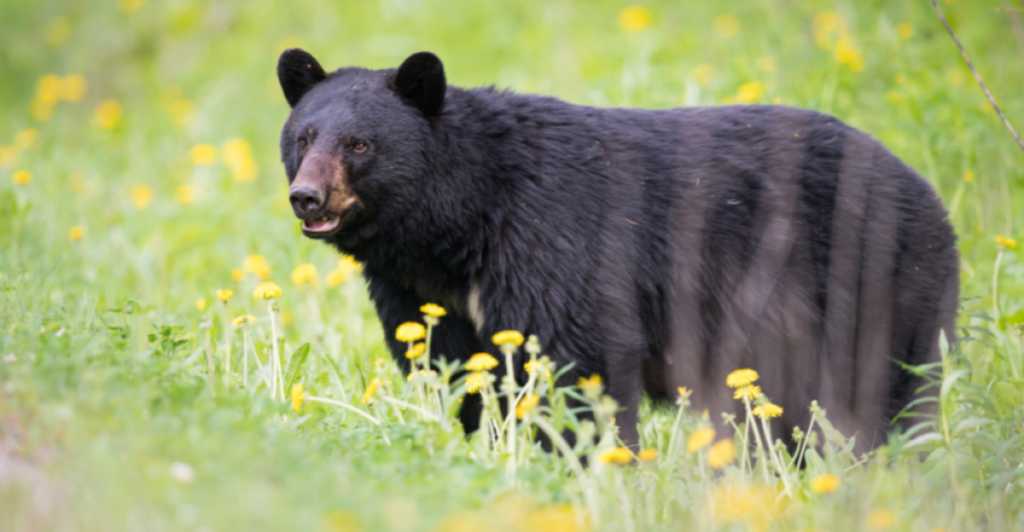
Wildlife advocates, including Ann Bryant of the Bear League, reject overpopulation claims. They point to California’s 2024 Bear Conservation Plan, which found stable bear numbers, and argue that human expansion into bear habitats, not population growth, is driving conflicts.
Bryant emphasizes that addressing trash management, removing bird feeders, and educating residents on coexisting with bears are more effective solutions than hunting. “It’s a ploy to bring back hounding; that is basically what this is,” Bryant said.
The Hounding Process
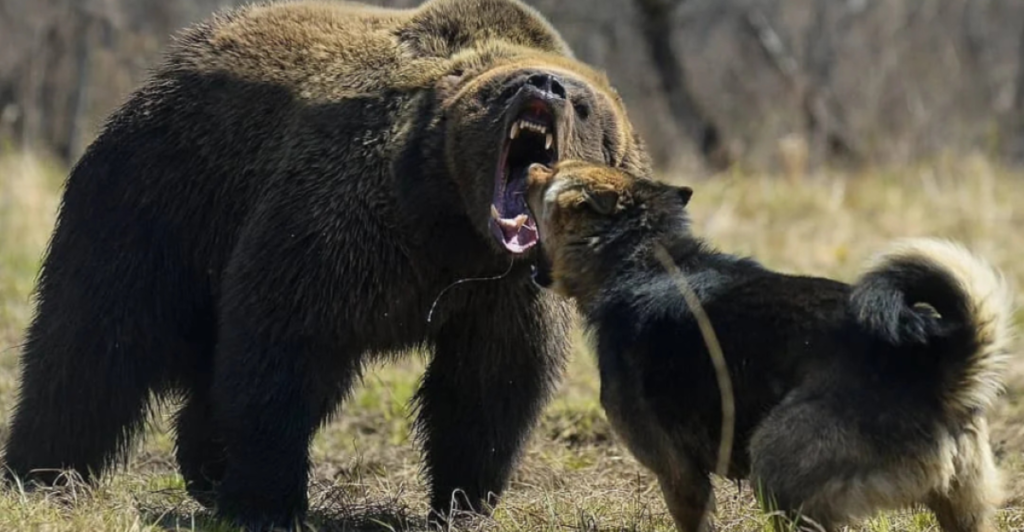
Critics describe hounding as a brutal practice where GPS-collared dogs chase bears for hours, exhausting them until they climb trees. Hunters then shoot the bears, often causing injuries during the fall or post-mortem attacks by dogs. Bryant calls it “cruel in the worst of ways,” highlighting that bears have no escape once treed. “They don’t have wings. They can’t fly away.”
“Our bears in Connecticut do not act like bears in other states,” he said. “The reason is because they’re not hunted. They’re not afraid,” said Chas Catania with Friends of CT Hunting. Human-bear conflicts are far more common in Connecticut than neighboring states, which all allow hunting. Massachusetts has twice as many bears, but only a quarter of disputes are reported, according to DEEP.
Why Hounding Was Banned

California banned hound hunting in the early 2010s due to ethical objections and concerns about unnecessary suffering. The practice was seen as a relic of outdated wildlife management, favoring recreational hunting over science-based conservation.
AB 1038’s revival has reignited debates about whether such methods align with modern ethical standards. Activists aren’t happy, and opposing parties are making it their focus to make their point. “This is not a bill that even remotely addresses any bear-human conflict issue, any population issue with bears,” said Bryant.
Other States’ Approaches
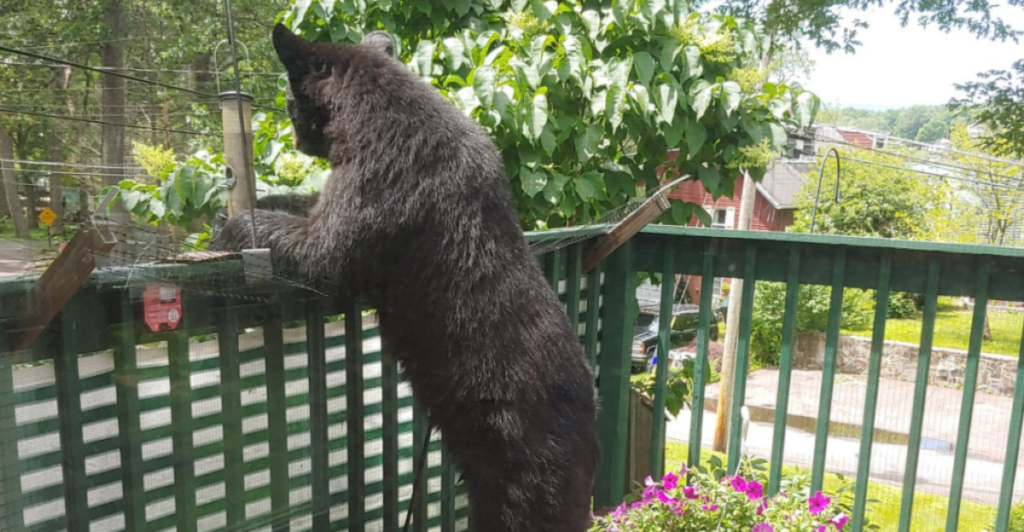
While California debates hounding, Connecticut is considering Senate Bill 1523 to establish a regulated bear hunt. Connecticut cites Massachusetts’ success in reducing conflicts through limited culling. However, activists argue these hunts often prioritize trophy hunting over public safety, with no proven link to conflict reduction.
“I’ve encountered bears in the woods in many other states. When they see you, they smell you, they run away,” said Chas Catania, a hunter from Sherman, during a public hearing before the Environment Committee on Monday. “Connecticut bears are habituated to people. They are not afraid of us.”
Hunting’s Role in Biodiversity

Proponents of regulated hunting, such as the Safari Club International Foundation, argue that controlled bear populations prevent overgrazing and protect prey species, maintaining ecosystem health. Critics counter that non-lethal deterrents and habitat preservation are equally effective without ethical compromises.
Critics counter that non-lethal deterrents and habitat preservation are equally effective without ethical compromises. “Opening a bear hunt is nothing short of simple cruelty,” said Alina Schoepfer in her submitted testimony. “The people are the problem – not the bears.” A bear hunt would cause cubs to be orphaned and unable to support themselves, which could lead to a decreased population that has just been stabilized.
Public Safety vs. Wildlife Welfare
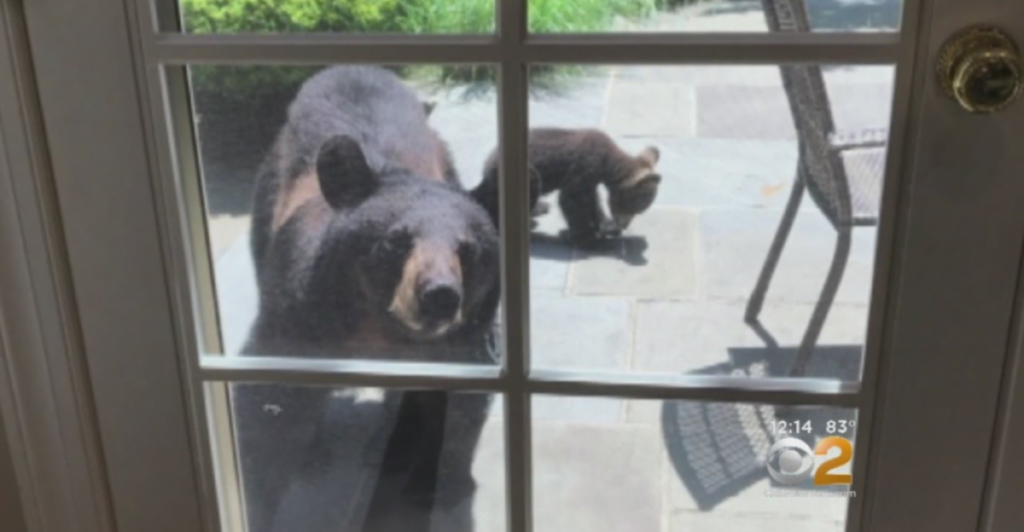
AB 1038 frames hounding as a public safety measure, but opponents argue it conflates population control with recreational hunting. They note that most human-bear conflicts stem from attractants like trash, not bear aggression and that lethal methods are unnecessary.
“Our organization cannot handle the plethora of orphaned cub calls we will get from the public should a bear hunting season occur,” said Laura Simon. “I sincerely hope on behalf of the Connecticut Wildlife Rehabilitators Association and all of our constituents that you will reject this misguided bill being promoted under the guise of bear nuisance management.”
Political and Legislative Landscape

AB 1038 is a partisan Republican bill introduced amid broader debates about wildlife management. While it has not yet reached the committee, hearings in March 2025 will test its viability. In Connecticut, similar legislation faces bipartisan support but vocal opposition from conservation groups.
“I have residents that would call me and say, ‘I saw a bear, I’m excited,’” Hawley said. “Now they call me, and they’re like, ‘I’m sick of it, get this bear out of my yard.’ It’s sad to see that happening.” There is a lot of controversy surrounding this bill, and people have quite a split decision about the implementation. It’s up to you to decide whether or not this bill is for the greater good.
Explore more of our trending stories and hit Follow to keep them coming to your feed!

Don’t miss out on more stories like this! Hit the Follow button at the top of this article to stay updated with the latest news. Share your thoughts in the comments—we’d love to hear from you!







